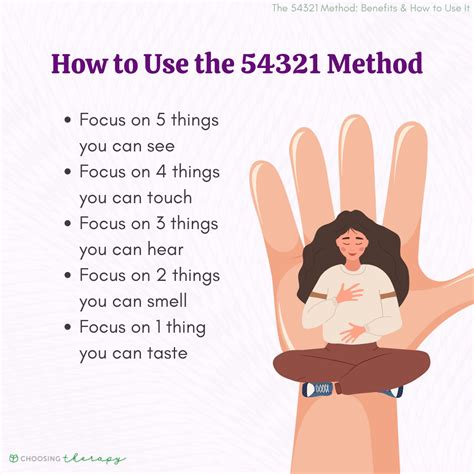Intro
As a society, we're becoming increasingly aware of the importance of mental health and the need for professional support. With the rising demand for therapy services, it's essential to understand the different types of therapists and their specialized roles. One such professional is a Licensed Marriage and Family Therapist (LMFT). In this article, we'll delve into the world of LMFTs, exploring their meaning, roles, responsibilities, and the benefits of seeking their expertise.
The Importance of Mental Health Support
In today's fast-paced world, we face numerous challenges that can impact our mental well-being. Relationship issues, work-related stress, and personal struggles can all take a toll on our emotional health. Seeking professional help is often stigmatized, but it's a crucial step towards healing and growth. A Licensed Marriage and Family Therapist is a trained professional who can provide guidance, support, and tools to navigate life's complexities.

What is a Licensed Marriage and Family Therapist (LMFT)?
A Licensed Marriage and Family Therapist is a mental health professional who specializes in working with individuals, couples, and families to address relationship dynamics, communication, and emotional well-being. LMFTs are trained to assess and treat a wide range of mental health concerns, including anxiety, depression, trauma, and relationship issues.
To become an LMFT, one must earn a master's or doctoral degree in marriage and family therapy or a related field, complete a certain number of hours of supervised clinical experience, and pass a licensing exam. LMFTs must also adhere to a strict code of ethics and maintain ongoing education to stay current with best practices.
Roles and Responsibilities of an LMFT
LMFTs play a vital role in supporting individuals, couples, and families in achieving emotional well-being and improving relationships. Some of the key roles and responsibilities of an LMFT include:
- Assessing and diagnosing mental health concerns
- Developing and implementing treatment plans
- Providing individual, couples, and family therapy sessions
- Facilitating communication and conflict resolution
- Educating clients on effective coping strategies and relationship skills
- Collaborating with other healthcare professionals to ensure comprehensive care
Benefits of Working with an LMFT
Working with an LMFT can have numerous benefits for individuals, couples, and families. Some of the advantages of seeking LMFT services include:
- Improved communication and conflict resolution skills
- Enhanced emotional intelligence and self-awareness
- Strengthened relationships and increased intimacy
- Effective coping strategies for managing stress and anxiety
- Increased self-esteem and confidence
- Support and guidance during significant life transitions

How to Find an LMFT
If you're considering seeking the help of an LMFT, there are several ways to find a qualified professional:
- Ask for referrals from friends, family, or healthcare providers
- Check with your insurance provider for a list of in-network LMFTs
- Search online directories, such as the American Association for Marriage and Family Therapy (AAMFT) or the National Board for Certified Counselors (NBCC)
- Contact local mental health organizations or counseling centers for recommendations
What to Expect in an LMFT Session
When attending an LMFT session, you can expect a supportive and non-judgmental environment. The therapist will typically begin by establishing a rapport and understanding of your concerns. They may ask questions about your relationships, communication styles, and emotional well-being. The therapist will then work with you to develop a treatment plan, which may involve individual, couples, or family therapy sessions.

Conclusion
In conclusion, a Licensed Marriage and Family Therapist is a highly trained professional who can provide invaluable support and guidance for individuals, couples, and families. By understanding the meaning, roles, and responsibilities of an LMFT, you can take the first step towards seeking help and improving your emotional well-being.
We encourage you to share your thoughts and experiences with LMFTs in the comments below. If you found this article informative, please share it with others who may benefit from the information.
What is the difference between an LMFT and a psychologist?
+While both LMFTs and psychologists are mental health professionals, they have different areas of specialization and training. LMFTs focus on relationship dynamics and family systems, whereas psychologists may have a broader scope of practice, including individual therapy and research.
Do I need to be in a romantic relationship to see an LMFT?
+No, you don't need to be in a romantic relationship to see an LMFT. LMFTs work with individuals, couples, and families to address a wide range of mental health concerns, including anxiety, depression, and relationship issues.
How long does LMFT therapy typically last?
+The length of LMFT therapy varies depending on individual circumstances and treatment goals. Some therapy sessions may last several months, while others may be shorter-term. Your LMFT will work with you to develop a treatment plan tailored to your needs.
